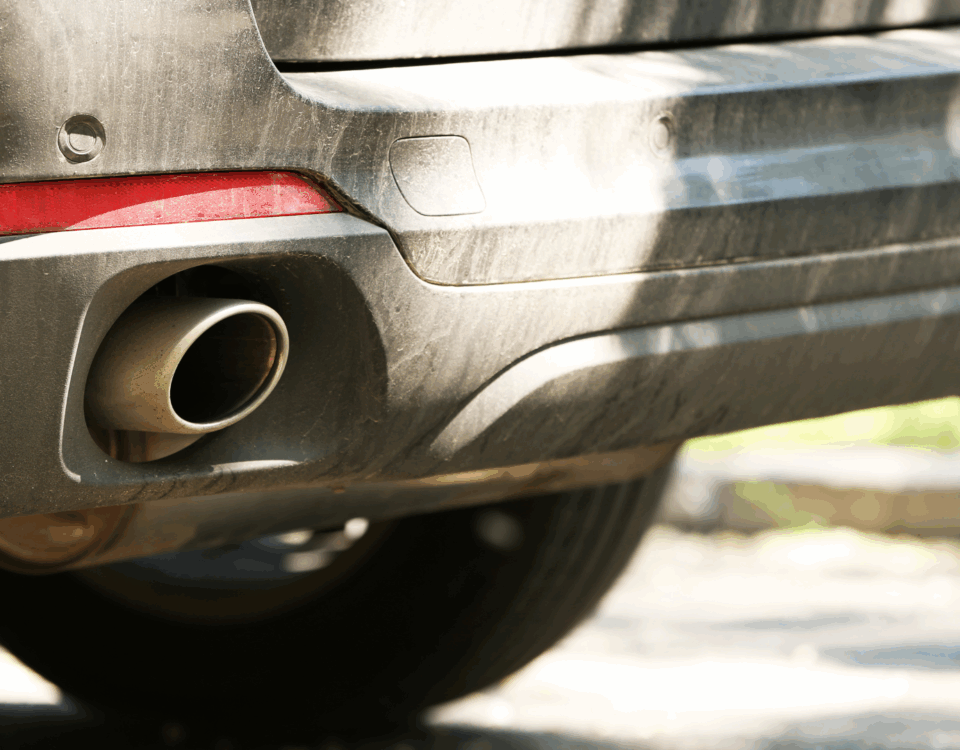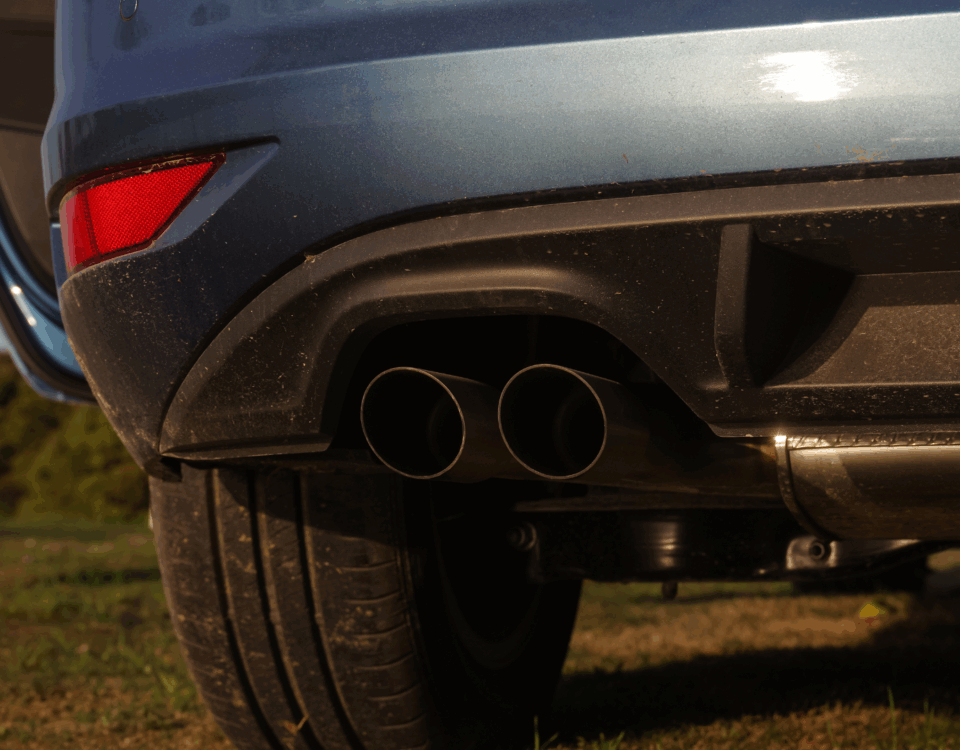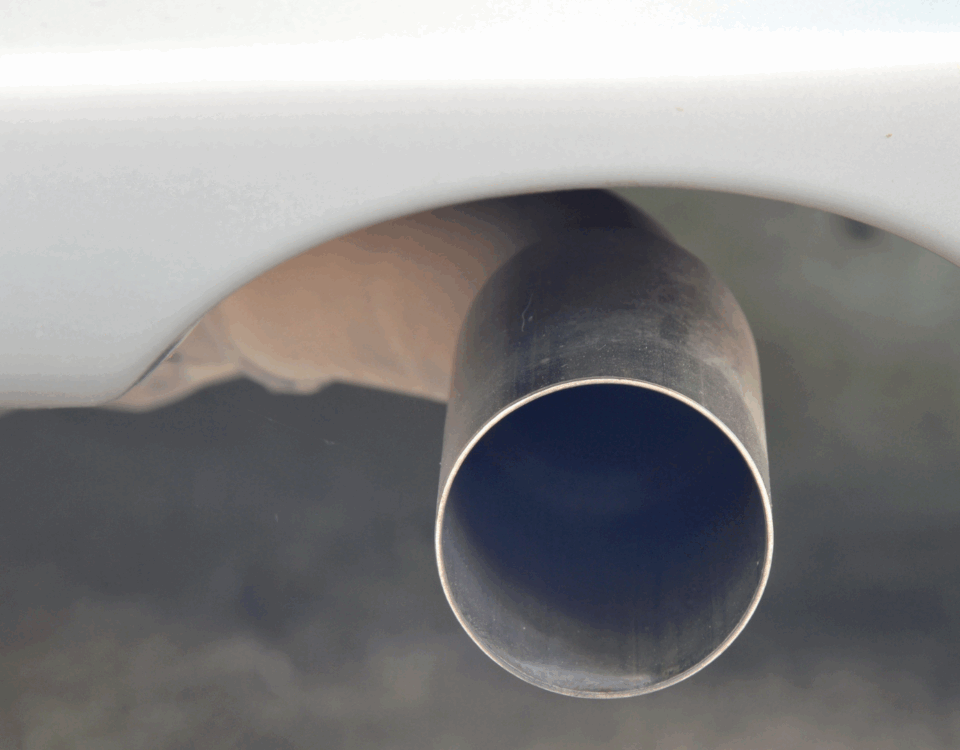How to Prepare for a Smog Check: Avoiding Common Pitfalls
November 6, 2024How to Prepare for a Smog Check: Top Tips for Success
November 6, 2024If you’re preparing for a Smog Check, ensuring your vehicle is ready can save you time, money, and hassle. This guide will walk you through each step to help you get your car in optimal shape before heading to the inspection station. By following these steps, you’ll increase the likelihood of passing the test and keeping your vehicle compliant with emissions standards.
Understanding the Importance of a Smog Check
Smog checks are essential for maintaining air quality and keeping emissions under control. Most states require these checks to ensure vehicles meet specific emission standards, helping reduce the release of pollutants. Understanding the role of a smog check can help you appreciate why preparing your vehicle is so vital. If your car fails the check, you may have to pay for repairs or face restrictions on your registration. Therefore, preparing in advance can save both time and money, while contributing to cleaner air.
Check and Maintain Engine Oil and Fluids Before a Smog Check
One of the simplest steps to take before a smog check is to ensure your engine oil and fluids are at optimal levels. Old, dirty oil can contribute to higher emissions, which might affect your test results. Before your appointment, check the oil and replace it if necessary. Additionally, inspect coolant, transmission fluid, and brake fluid levels. A well-maintained engine operates more efficiently, which can improve the results of a smog check and reduce the likelihood of unexpected repairs.
Run Your Car Regularly to Help Pass a Smog Check
If your car sits unused for long periods, it may not perform as well during a smog check. Regularly driving your vehicle before the test can help the engine run smoothly. Ideally, drive for at least 15 minutes before your smog check appointment to ensure the engine reaches the right operating temperature. This can also help “burn off” any excess fuel or moisture in the exhaust system, which can affect the smog check results. Driving at highway speeds occasionally also helps clean out the system.
Inspect and Replace Your Air Filter if Necessary
A clean air filter is crucial for optimal vehicle performance and can significantly impact your smog check results. The air filter keeps debris and dust from entering your engine, which helps maintain a good air-to-fuel ratio. If your filter is dirty, it can restrict airflow, leading to increased emissions. Check your air filter before the smog check, and replace it if necessary. Many mechanics recommend changing the air filter every 12,000 miles or at least once a year, which keeps your vehicle in top shape.
Fix Any Check Engine Light Issues Before the Smog Check
The check engine light is one of the biggest factors that can cause a smog check failure. If your vehicle’s check engine light is on, it’s important to diagnose and resolve the issue before heading to the smog test station. In many cases, the light could indicate a minor problem, such as a loose gas cap, but it can also signify more serious issues like an oxygen sensor failure. Taking care of any issues related to the check engine light will increase your chances of passing the smog check and prevent the need for a retest.
Read More:





